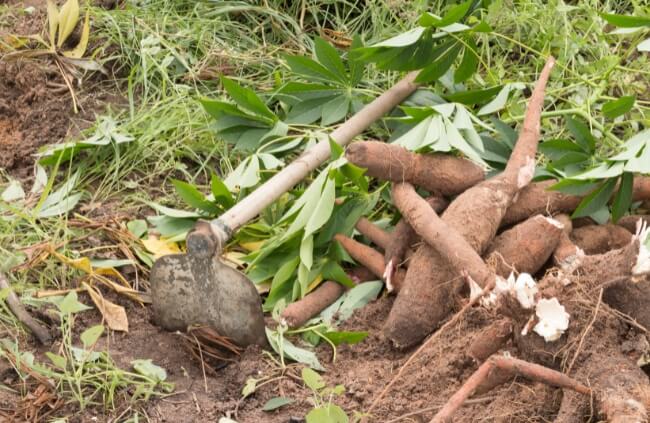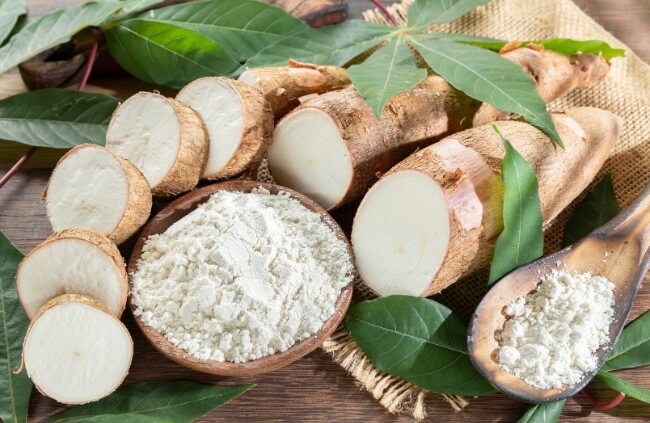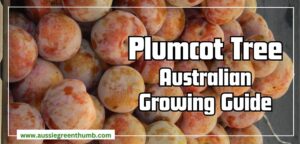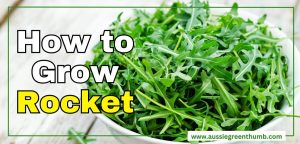Although poisonous for cats and dogs, cassava has been cultivated into safe food for humans, and medicine that is beneficial to humans, cats and dogs. There are 10,000 or more varieties of the yuca, yuca cassava or cassava.
Native to the Southwest United States and North Mexico, yuca is also found in South and Central America. Some are more distinctive than others, but most have sword-like large leaves with sharp points, spines or needles formed in rosettes. They grow three to 13 feet tall.
More...
Yucas Being Harmful to Cats and Dogs
A few yucas may be harmless. But, in raw form some yucas can be deadly for cats and dogs. Cats often chew plants. Dogs love to dig and may chew on the exposed root of the yuca. Both roots and leaves contain linamarin which, when ingested, converts to cyanide.
The leaves rather than the roots, contain the most linamarin. The variety of yuca determines how much cyanide is present in the raw plant:
- Sweet yuca or cassava — approximately 20 milligrams per one kilogram in roots only
- Bitter yuca or cassava — as much as fifty times greater than in the sweet variety
Cats and dogs that have eaten yuca will vomit, develop diarrhoea, drool, have seizures and depression and refuse to eat.

Cassava as Healthy Food
More than 500 million people, mostly in Africa, Latin America, Caribbean, and Asia eat the root from the Manihot esculenta commonly called cassava or yuca plant. Its texture is similar to the potato and contains an abundance of potassium, fibre, and carbohydrates.
Cassava leaves, a rich source of vitamins and proteins, are ground into tapioca, which is used in snacks, chips, and puddings. Yuca plants yield two types of flour:
- Cassava Flour – Cassava roots are ground into flour for dumplings, cakes, pasta and breads. It is also useful in thickening puddings, sauces, custards, gravies, and baby foods. Cassava flour is used in the processing of meats and sausages as a binding agent.
- Tapioca Flour – Cassava leaves, are ground into a flour substitute for wheat and other carbohydrates. It creates a chewy texture and white finish to breads and cakes. Also, tapioca flour is ideal as a thickener since its aroma is very weak and does not overpower any food. Both flours are gluten-free.
What is Tamed Yuca?
Concerned that improperly processed Cassava causes sickness and death, two professors of plant biology created Cassava plants that are cyanogen-free. They reduced the linamarin in the leaf by 40 percent, and the roots’ cyanogen down to 1 percent or less.
It is crucial that the plants retain some linamarin while in the growth stage. Therefore, yuca should not be eaten raw! The new yuca means safer food products.
Yuca and Pharmacology
Extract of yuca is currently being used in the treatment of Herpes virus types, 1 and 2; fungi; inflammation; blood clots; tumours; hypertension; high cholesterol; migraine headaches and Leukaemia.
Yuca is also an antioxidant. Additionally, yuca supplements are available without prescription for problems of the skin, joints, digestion, toxic build-up and more.

Benefits of Cassava for Dogs and Cats
As yuca benefits people, it can benefit our pets, inasmuch as dogs and cats suffer from the same ailments that plague humans. Pet foods containing yuca and yuca supplements may be purchased online for dogs and cats and in pet stores specialising in natural products.
All natural yuca supplements are safer for your pet than numerous prescription medications. Any effective natural supplements will include yuca for arthritis and joint health. With its use, dogs and cats are freed of allergy itches. Various other health issues, such as inflammation of joints and arthritis in cats and dogs can be relieved with yuca.
Similar to pharmaceutical steroids, it provides the same relief, but without the side effects. Amazingly, the same yucas that are poisonous to dogs and cats can also improve their lives!


Get Your Free Guide:
Master Growing Australian Natives eBook
A Must Have Complete Guide for Every Australian Garden
Get Your Free Guide:
Master Growing Australian Natives eBook
A Must Have Complete Guide for Every Australian Garden
Here are more articles on plant cultivation and pet care:
Published on June 10, 2023 by Gary Clarke
Last Updated on February 3, 2025




